
THE PASTRY SHOP by Babak Lakghomi
He dipped his finger in the whipping cream and held it in front of the boy’s mouth. The boy looked down at his feet, then raised his head and licked the cream from the man’s finger.

He dipped his finger in the whipping cream and held it in front of the boy’s mouth. The boy looked down at his feet, then raised his head and licked the cream from the man’s finger.
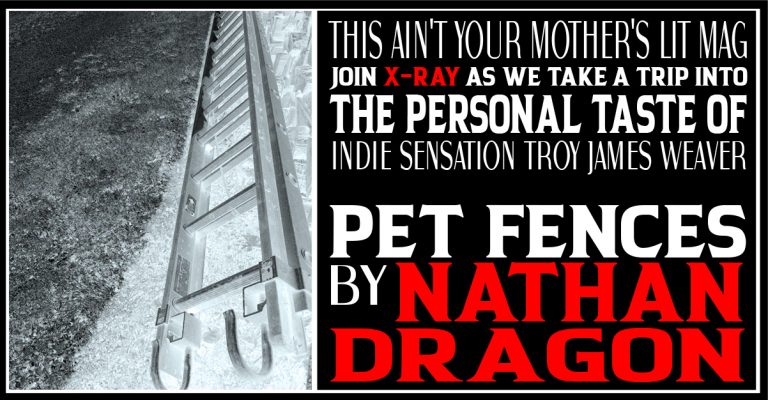
The phone number I have, my phone number for the last 16 years at least, used to be this other guy’s phone number—
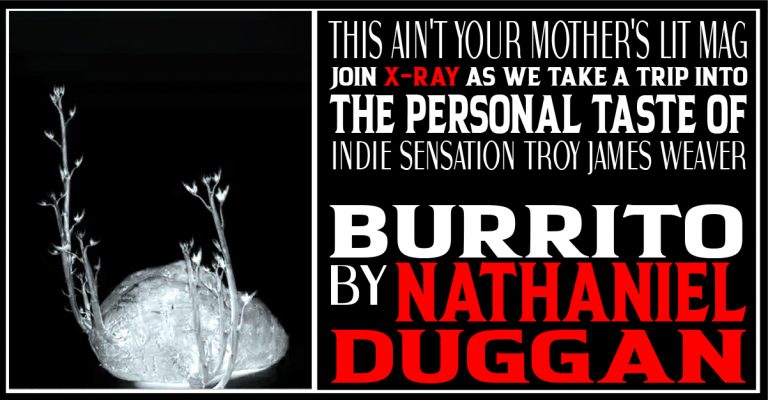
I decided to order the burrito. I pronounced “burrito” wrong. The word fell from me, flabbergasting and impossible.
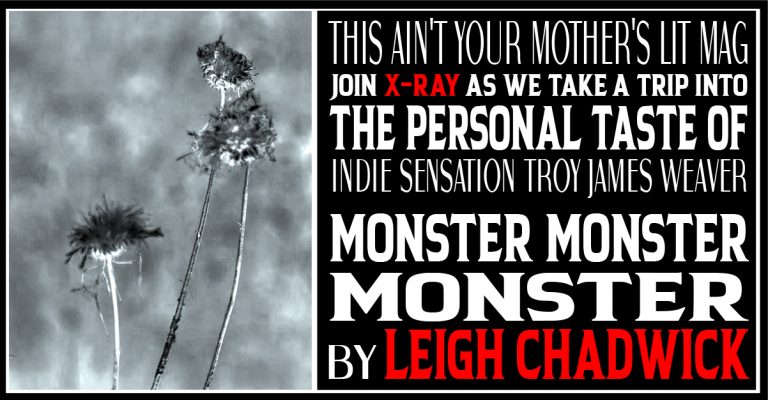
What your therapist doesn’t realize, you want to tell him, is that any length of loneliness is too long.

A gust of wind blows me forward. The storm follows me in through the door. The snow swirls at my feet. I laugh like a madman as I slip on the slick tiles.

I am lost in a sky of turbulence and haze—and to be lost is to never be home. Today is the first day of the year; it is also the first year you are not around.
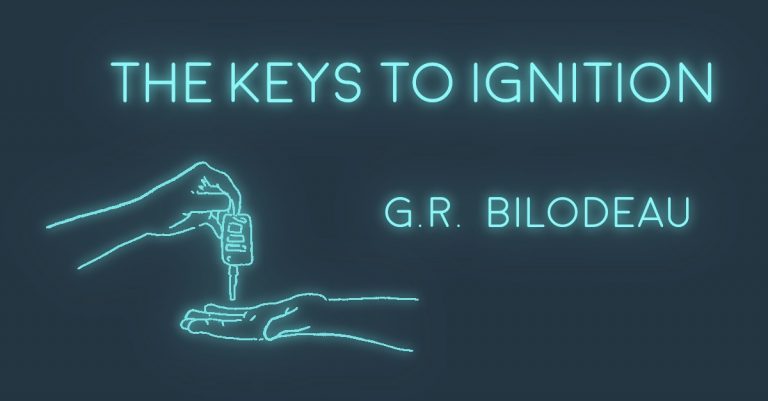
I gripped a dirty pint. Sometimes I hold a glass and feel the urge to grip it till it breaks. This was one of those times.

The sixth psychiatrist was a young guy with tattoos and piercings and scruffy hair dyed the color of an Irish setter.

I have used meter-long glass tubes to settle debts twice both times swiped from the quote unquote office both times drew blood one time got my money back
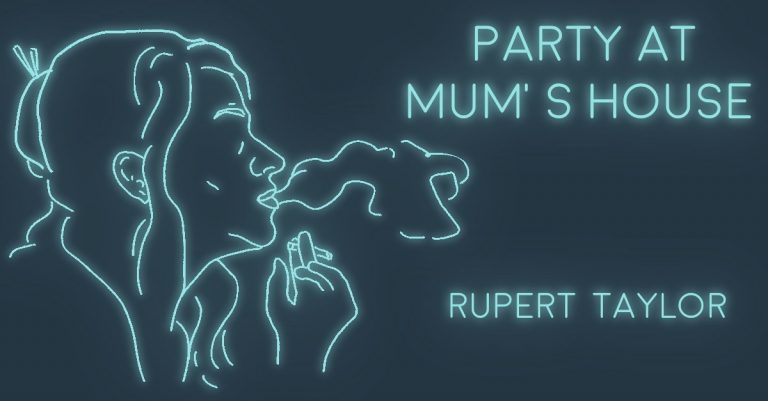
Some girl chugged a flask of vodka, passed out, and puked up what looked like spaghetti bolognese.
